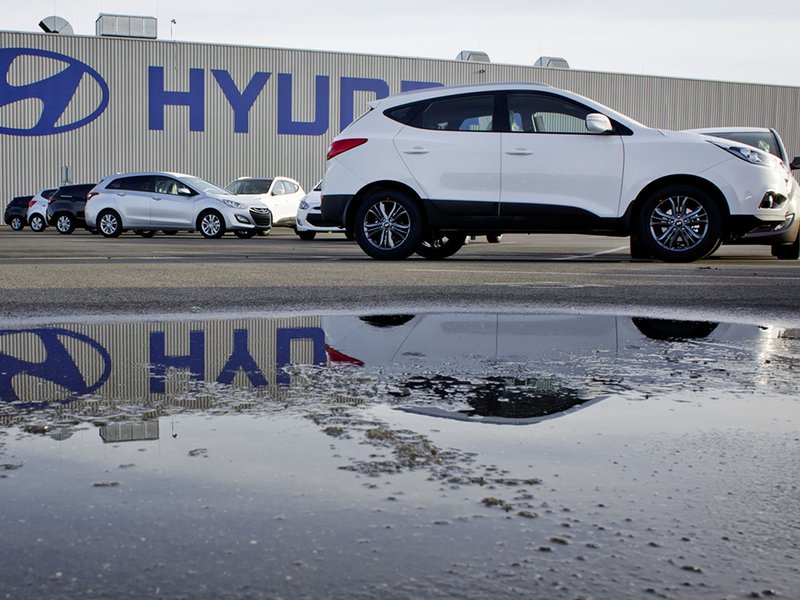
Volkswagen Group’s Audi unit is among automakers gradually reopening factories in Europe, even as coronavirus lockdowns drag on across much of the region.
Some 100 workers at Audi’s Gyoer, Hungary site, one of the world’s largest engine plants, restarted output on an assembly line in a single-shift system, the company said Tuesday. A second line is set to follow at the end of this week.
Manufacturers are facing a crushing economic blow after governments across Europe placed restrictions on public life to combat the pandemic, which has claimed some 120,000 lives worldwide. The slump may mean 3 million lost vehicle sales this year in Europe, or 60 billion euros ($66 billion) in lower revenue, according to Bloomberg Intelligence analyst Michael Dean.
After weeks of restrictions, governments and corporations are sketching out exit strategies. Still, efforts to get the economy back on track are likely to be gradual and may encounter setbacks if the virus resurges.
In Germany, Chancellor Angela Merkel will discuss possible steps to ease restrictions with leaders of the German states on Wednesday. The talks are set to influence when and how quickly the country’s automotive giants, from Daimler to BMW, start revving up factories in Germany, the region’s carmaking heartland.
Rebooting Europe’s sprawling industrial network will prove complex. Supply chains are closely intertwined across regions, transport restrictions are poised to remain in place for some time and the number of infections is still relatively high in some areas.
Industry executives have warned against a hastily arranged restart and called for a coordinated European approach, even as crisis-fighting measures vary from country to country.
Renault has restarted a portion of operations in Portugal, and plans to resume part of its production in Romania on April 21, a spokeswoman said. Russian operations gradually began restarting on Monday. Hyundai’s facility in Nosovice, Czech Republic, is resuming output with two shifts instead of the usual three, CTK reported.
At Audi, Volkswagen’s biggest profit contributor, vehicle production in Hungary could start toward the end of next week. VW, the world’s biggest automaker, employs about 470,000 people across Europe, the majority of its global workforce of around 670,000.
“The company is doing everything to safeguard the health of employees,” Audi said in the statement.
VW has kept some components operations running in Germany during the shutdown, with a total of 1,700 employees across five sites, to safeguard parts supplies to factories in China where the industrial recovery is progressing.
While a moderation in new infections prompted Austria and Denmark to start easing restrictions, France just extended a lockdown that might push the bloc’s second-largest economy into a deeper recession. Britain is also likely to lengthen restrictions, Foreign Secretary Dominic Raab told reporters.
Even if auto production resumes, it’s not clear when showrooms will reopen or whether consumers will want to buy. Dealerships are increasingly feeling the pinch from the sales halt imposed last month, German car data provider DAT said Tuesday. Cars lose 28 euros ($31) in value on average each day, so a dealer with inventory of 300 vehicles is already facing 235,200 euros ($258,000) in costs to date, according to DAT.